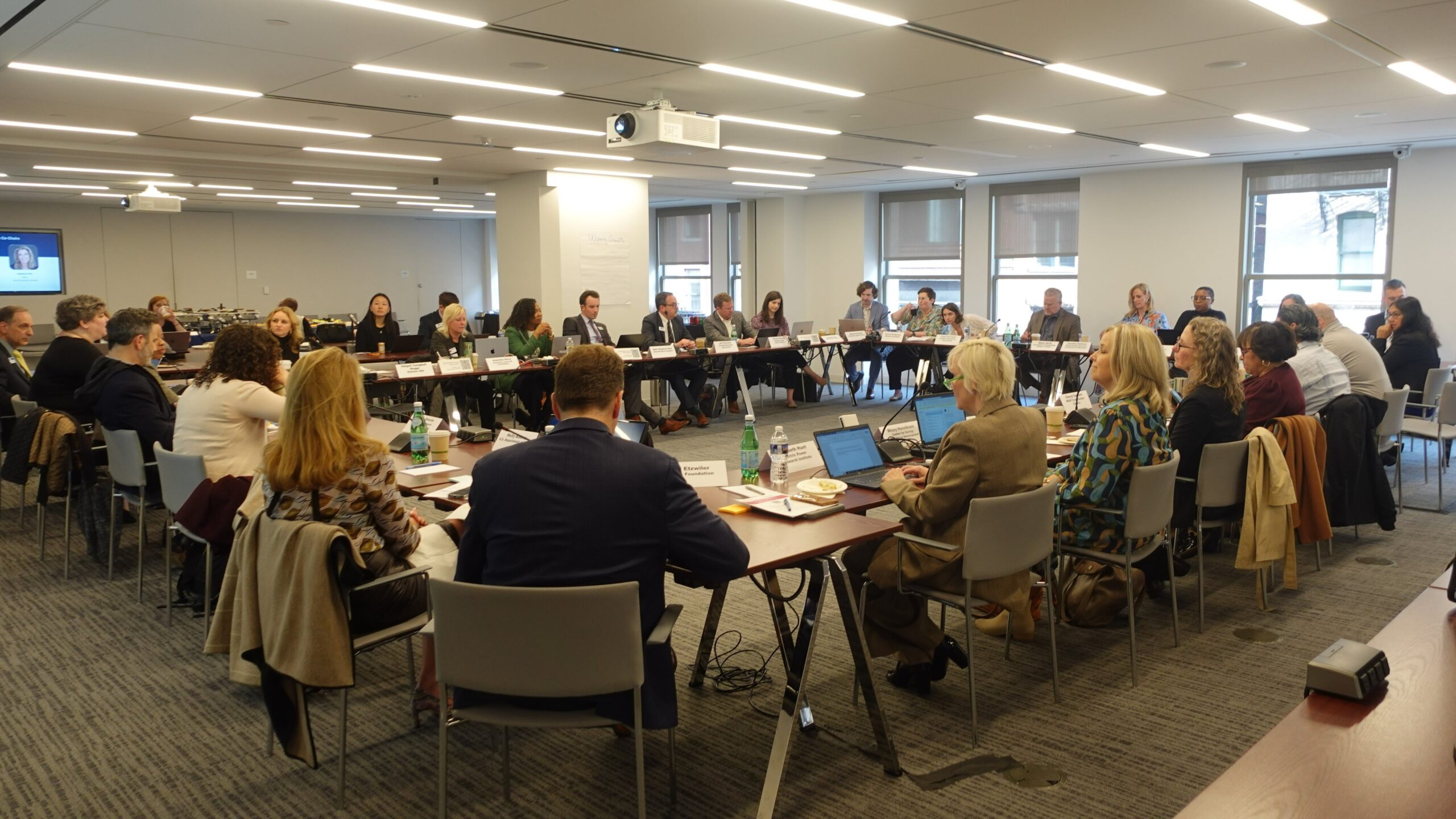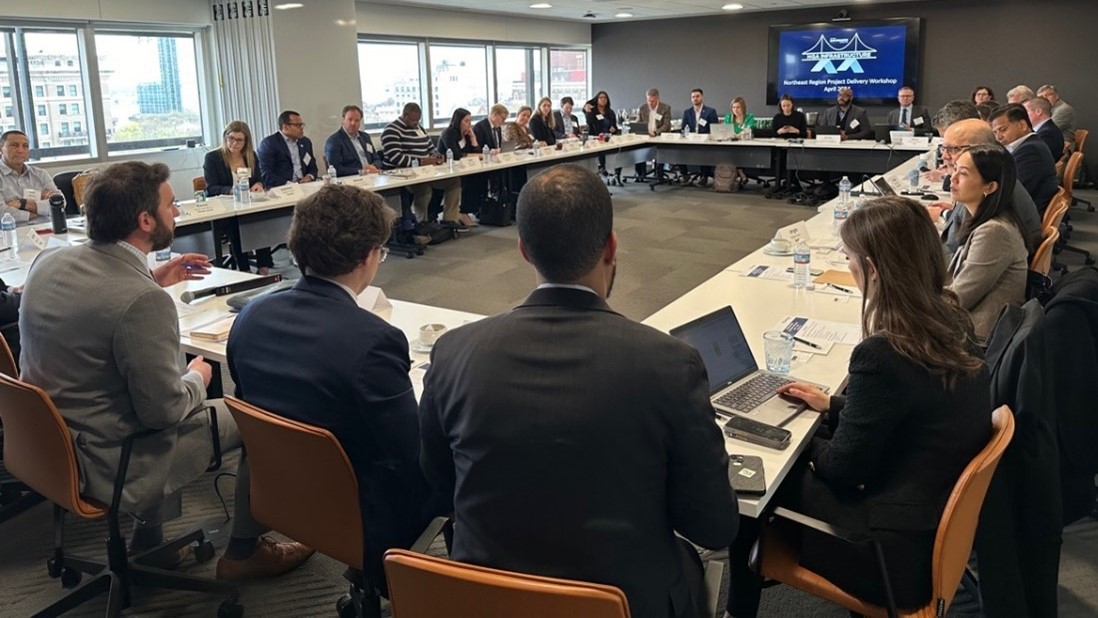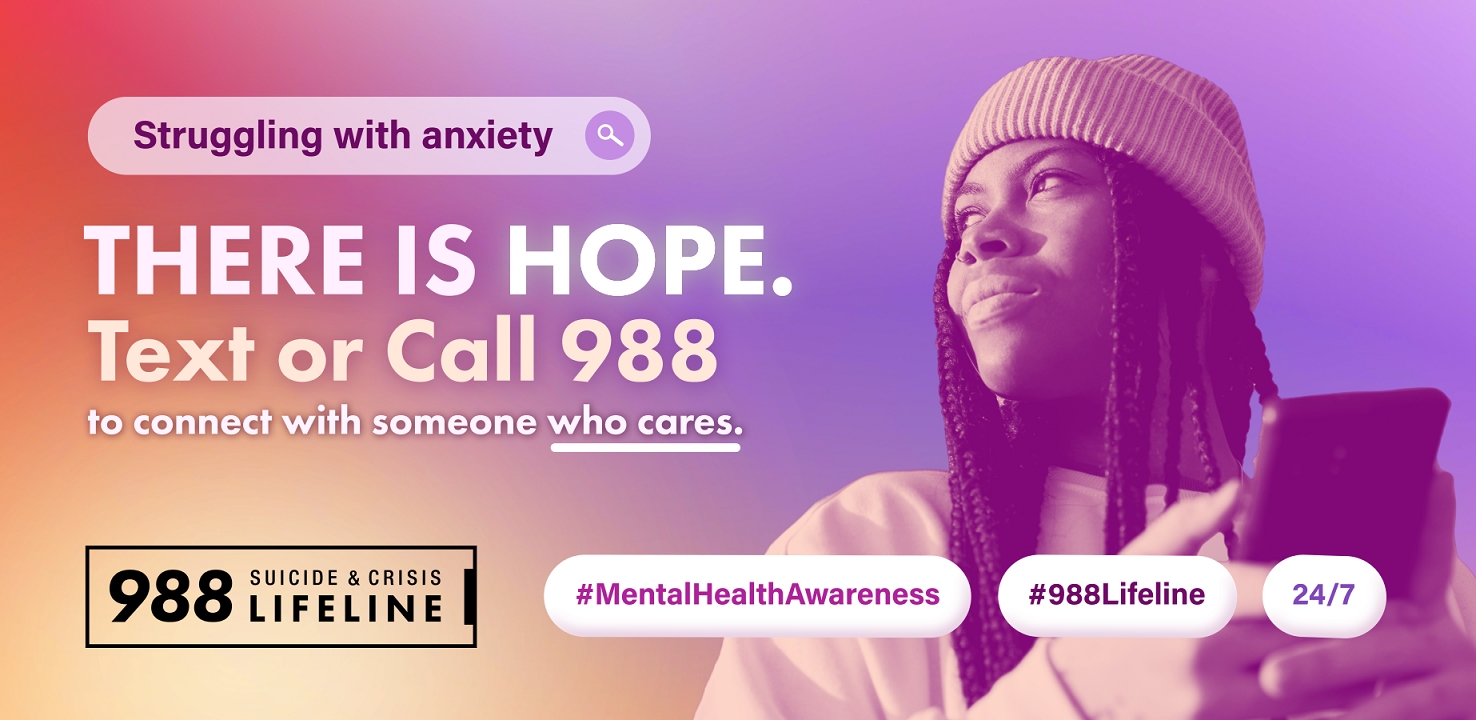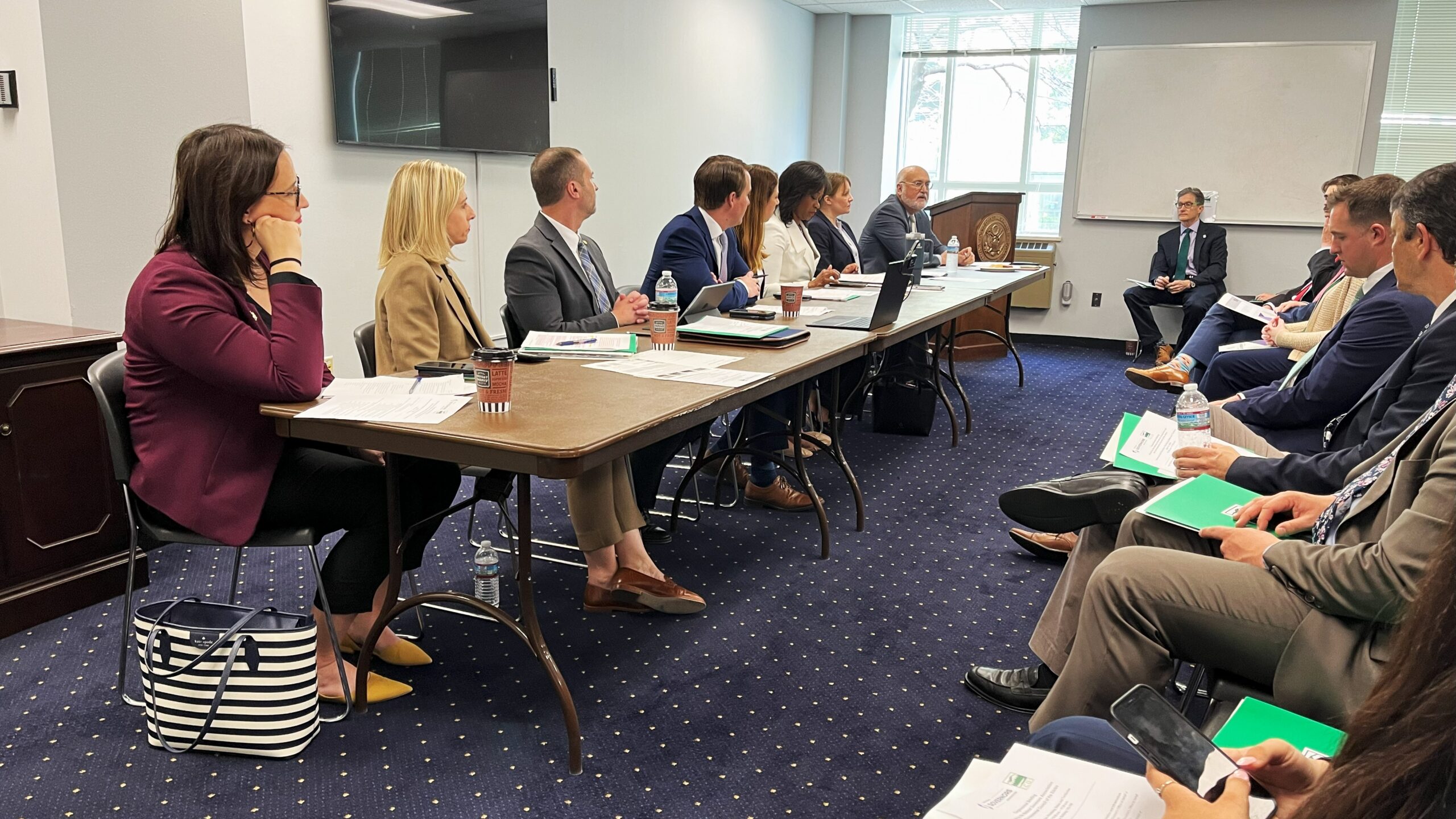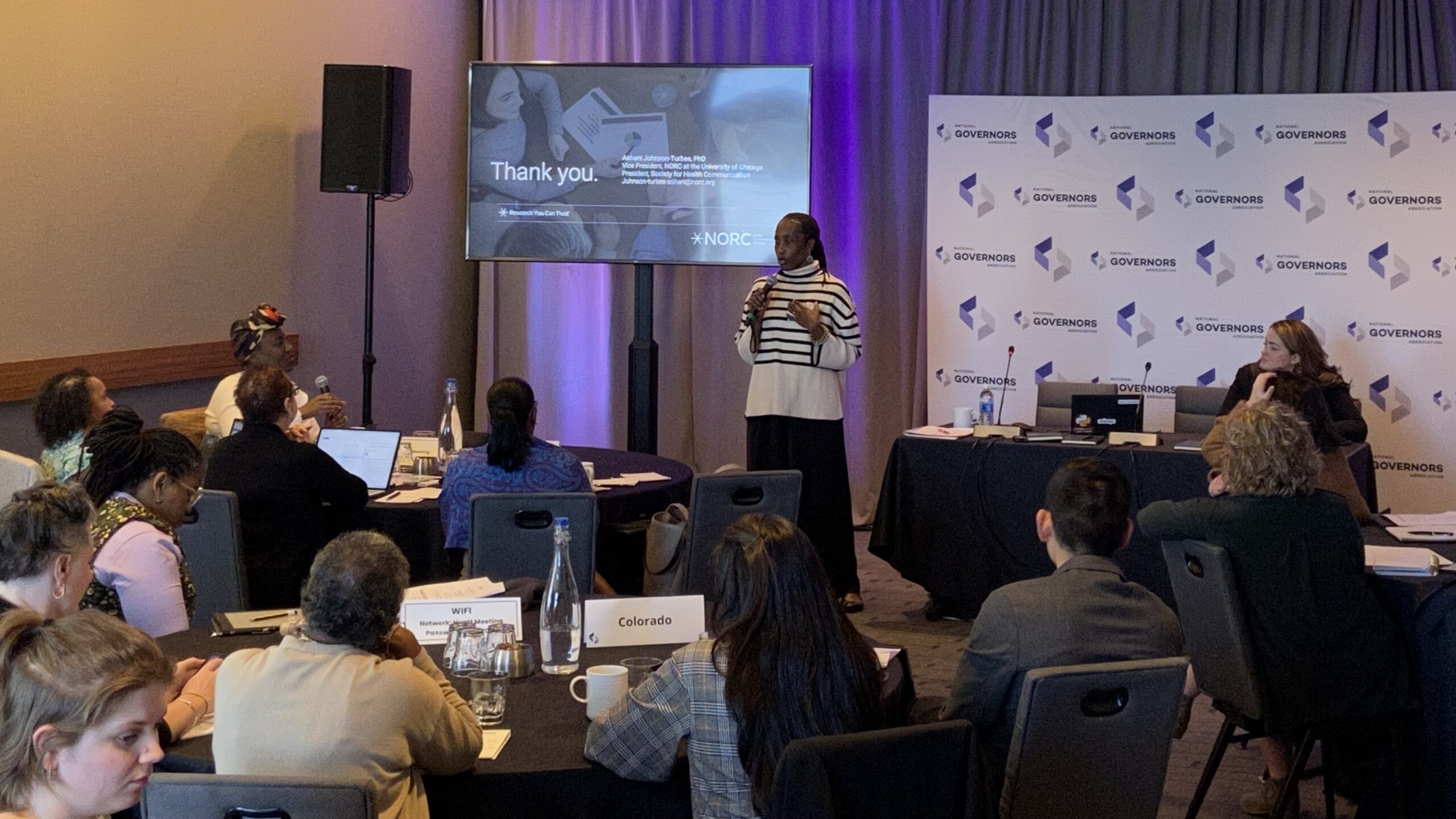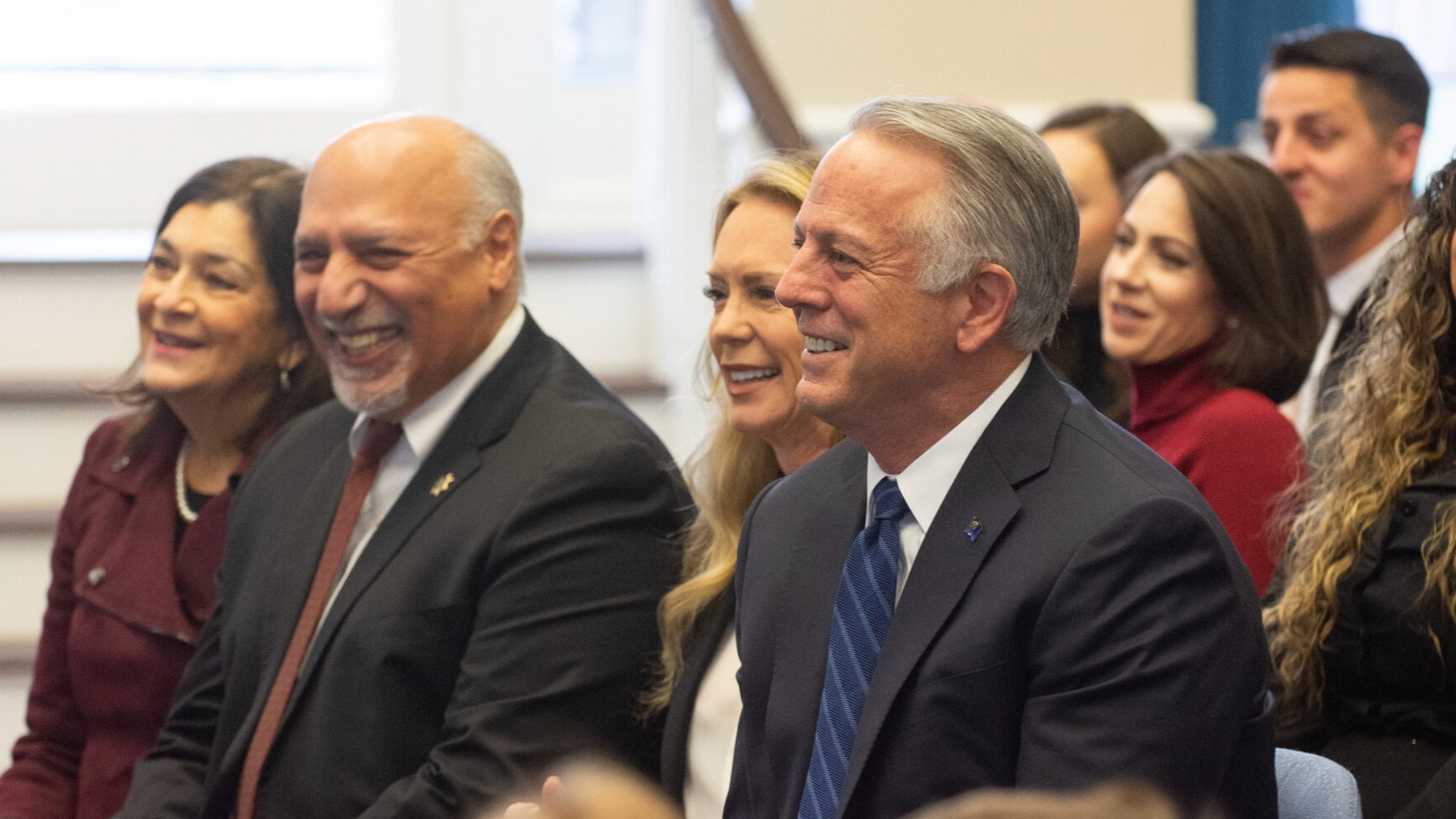NGA CEO Scott Pattison wrote an op-ed on governors’ desire for Congress to reach a swift deal on Zika funding, which was published September 12, 2016, in The Hill.
Governors to Congress: don’t delay on zika funding
By Scott Pattison
As members of Congress return from their summer recess, the nation’s governors have a top agenda item for them: Act on Zika virus funding.In May, governors collectively warned that the nation was on the threshold of a public health emergency if it did not act to prepare for and combat the Zika virus. Since then, the situation has grown increasingly urgent and each passing day puts more Americans at risk.
Over the summer, Congress and the Administration failed to reach an agreement on the appropriate level of Zika funding that should be allocated. Just this week the Senate failed to pass a bill that would have funded prevention and research efforts.
So far the only source of federal support has been from the Centers for Disease Control and Prevention (CDC) and National Institutes of Health in the form of money redirected from other health initiatives such as Ebola.
While the nation’s executive and legislative branches have been duking it out, Gov. Rick Scott of Florida has had to deal with more than 500 cases of Zika infection, including those that were locally transmitted. Gov. Scott has also announced millions in funding for mosquito control and preparedness efforts.
Many public health experts have voiced concern that the virus may soon spread to Louisiana and Texas, as mosquitoes take advantage of standing water in flood-affected areas, endangering thousands more Americans.
According to the CDC, there have now been more than 2,700 cases reported in 48 states, plus an additional 14,000 in the territories.
As governors warned in May, a key component to averting infectious disease outbreaks is to prevent incidence levels from reaching a critical “tipping point,” after which there is a rapid increase in the number of infections.
Widespread Zika virus outbreak means children are born with severe, lifelong birth defects such as microcephaly.
Unlike their federal partners, governors don’t have the luxury of inaction. They have and will act to help the people of their states as the virus continues to take hold.Those actions include participating at the Zika Action Plan Summit at the CDC headquarters in Atlanta, where more than 30 states gathered. Even more have drafted and implemented plans to ensure their citizens are protected.
Other efforts include educating the public, surveilling the virus, comprehensive mosquito control efforts, engaging clinicians, creating local action plans, developing rapid response teams and coordinating cross-agency response efforts.But as many on both sides of the aisle have called for, governors need help. And Congress holds the keys to unleashing that help in the form of federal dollars.
That is why Congress must act soon to pass legislation to appropriately fund and combat the virus.
Governors demonstrate bipartisanship every day to solve complex policy challenges in their states. They simply ask that Congress do the same, and work together to reach agreement with the Administration on Zika funding before it’s too late.
Scott Pattison is the executive director and CEO of the National Governors Association, the bipartisan membership organization of the nation’s governors in the 55 states, commonwealths and territories.

